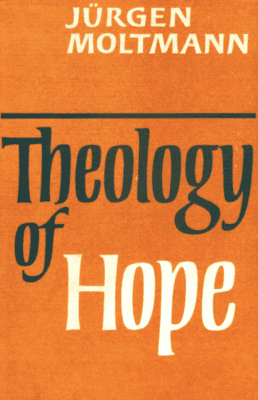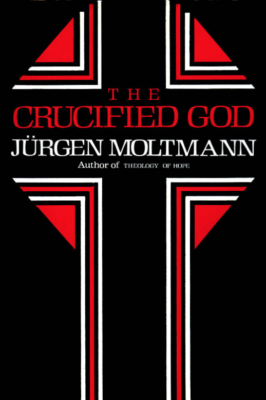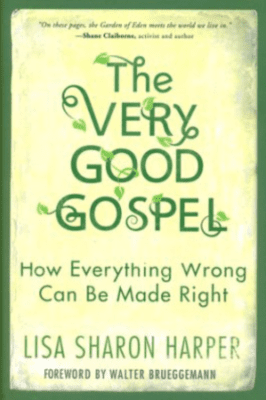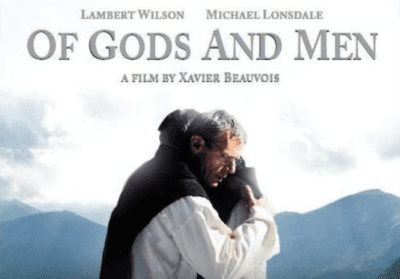Learn More: On Suffering
As we reflect on this lifestyle celebration, we invite you to explore some of our staff top picks from
media and resources that deal with suffering, and ultimately, lead us to hope in the midst of it.
READ
JÜRGEN MOLTMANN is one of the most influential and widely-read theologians of the twentieth century. In “Theology of Hope” (1965), Moltmann broke with the coventions of a doom-and-gloom eschatological future, but instead proposed that the future is one of hope — albeit a hope seen through the lense of a cross-carrying life — and that hopeful knowledge of the future should ignite righteousness and freedom in the Church. In “The Crucified God” (1973), suffering is not a problem to be solved but is instead an aspect of God’s being. Moltmann paints the picture of a loving God who suffered with His crucifed Son and thus suffers with humanity.
CHECK IT OUT! Moltmann wrote for WMF in 2009. See his article here.
LISA SHARON HARPER is world-renowned author and advocate against poverty, violence and racial injustice. In “The Very Good Gospel,” Harper reminds us that God once called creation and everything in it “very good,” governed by His shalom. She outlines the possibilities of a world so affected by the Gospel that shalom once again becomes the standard and God’s original intent of “very good” becomes a reality.
WATCH
OF GODS AND MEN is a 2010 French film directed by Xavier Beauvois centered on the lives of nine Trappist monks who lived mostly in harmony with a Muslim community in Algeria. But as civil war brews, it becomes clear that it is dangerous for the monks to stay. Still, they conclude their moral commitment and ministry to the local population is more important than their lives, which leads the monks to confront the corrupt authorities and powerful terrorists who are persecuting them. Rent it here.
LISTEN
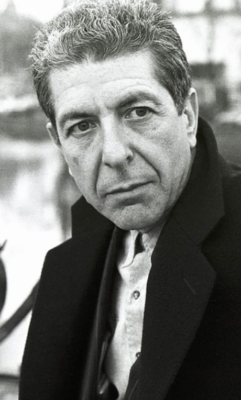 This is the first issue of The Cry since the death of Leonard Cohen, a Canadian-born artist, poet, singer and songwriter. His song “Hallelujah” has been covered by over 300 artists, and as we reflect on suffering, we invite you to meditate on the lyrics, especially the last stanza:
This is the first issue of The Cry since the death of Leonard Cohen, a Canadian-born artist, poet, singer and songwriter. His song “Hallelujah” has been covered by over 300 artists, and as we reflect on suffering, we invite you to meditate on the lyrics, especially the last stanza:
I couldn’t feel, so I tried to touch
I’ve told the truth, I didn’t come to fool you
And even though it all went wrong
I’ll stand before the lord of song
With nothing on my tongue but hallelujah
Hallelujah
Hallelujah
Hallelujah

